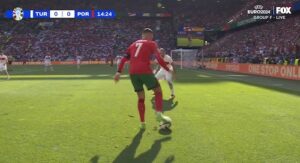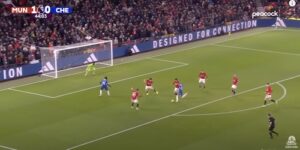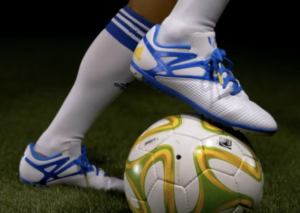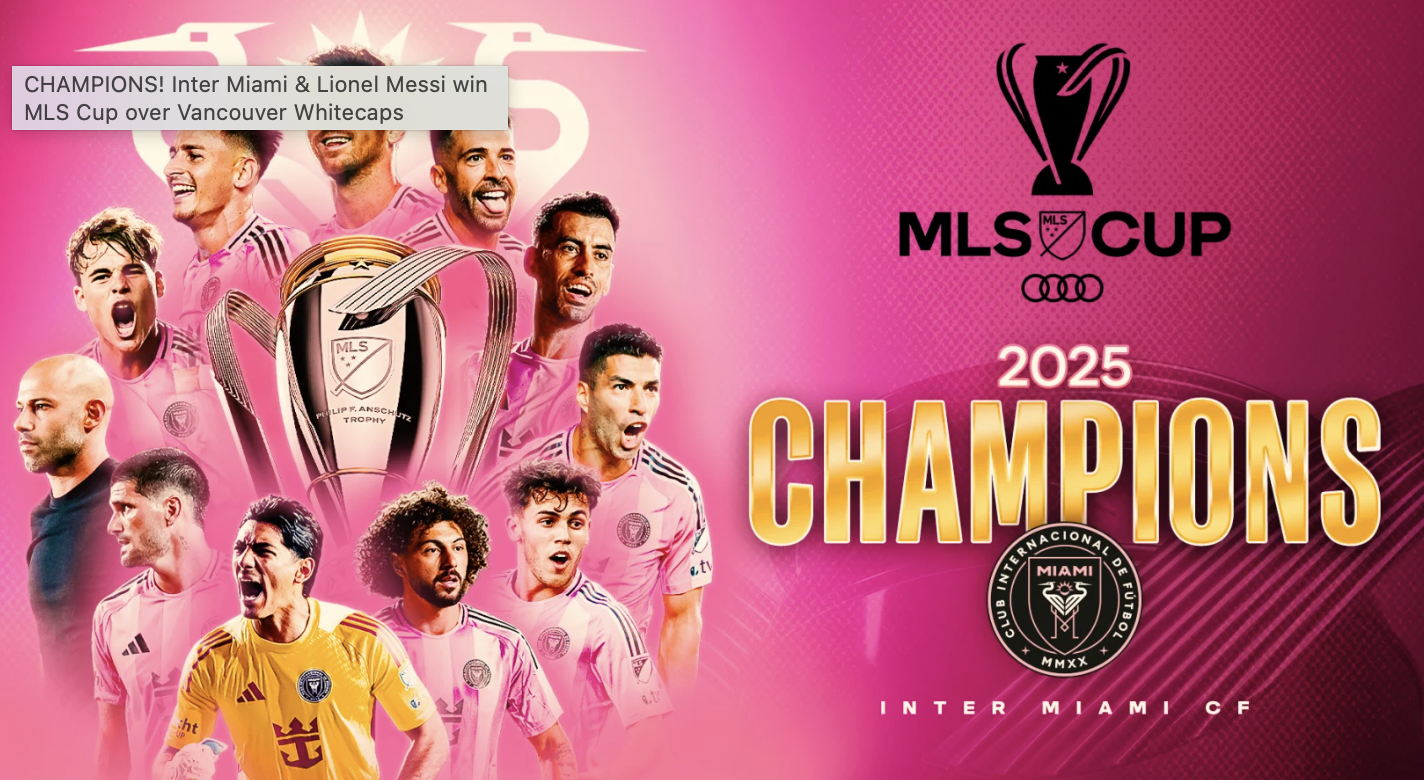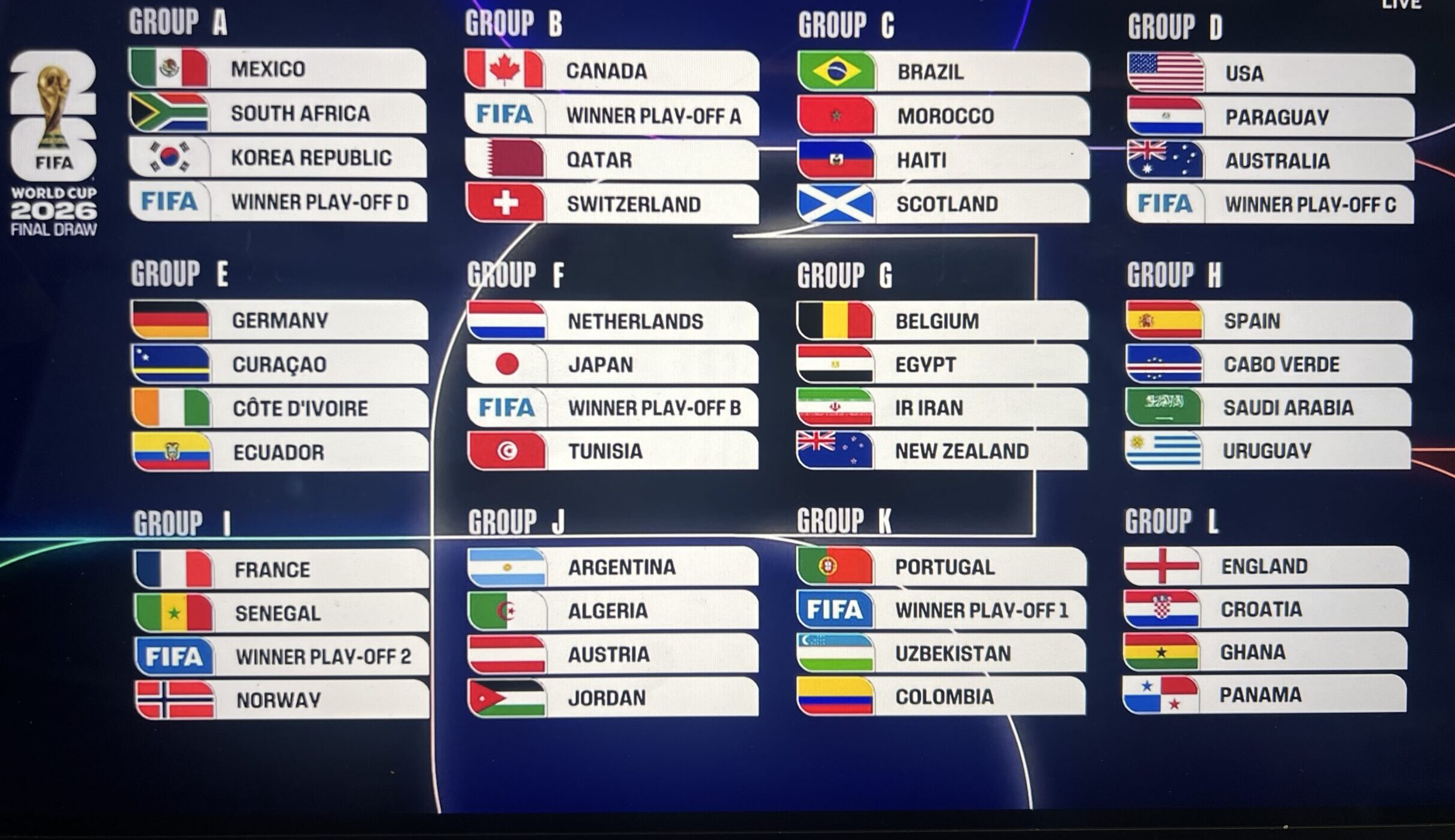Brand Beckham Will Be MissedBy Tom Sheldrick David Beckham is going to miss out on South Africa. But, more pertinently, South Africa is going to miss out on David Beckham. Not in particularly sporting sense, mind. Eight years ago, with the 2002 World Cup approaching, The Sun printed a picture of his broken metatarsal and asked us to pray for the England captain’s recovery. Not quite, this time. Fabio Capello is more likely to be losing sleep over the slow return from injury of Aaron Lennon – the winger who had such a vibrant start to the season for Spurs and England. Beckham was some player, but never close to the world’s best; he is some player, but at 34, past his best. As it’s 19 years since David Beckham’s England debut v Moldova, we look back at his last gasp free-kick against Greece which secured qualification for the 2002 World Cup and ask whether this was his finest moment in an England shirt. The news of the LA Galaxy midfielder’s ruptured achilles tendon while playing on loan for AC Milan against Chievo yesterday will not particularly disturb the global game’s purists either. Barring further injury twists and turns, all the best players will be at the World Cup 2010. The Swede Zlatan Ibrahimovic and the Russian Andrey Arshavin are bigger misses than the Englishman David Beckham. But Becks – or ‘Golden Balls’ as his wife, the Spice Girl Victoria, famously labelled him on Michael Parkinson’s chat show – has an image, a brand, that has come to exceed his ability with the ball. It is the moneymen who will have been cursing most after hearing of his injury heartbreak. I spent a week living with a family in rural Belize – Central America – in the summer of 2004. It was a place where ‘western’ culture seemed not to have touched, not to have corrupted. But in terms of the people they’d heard of, people they knew… it was Michael Jackson, the ‘King of Pop’, Muhammad Ali, a sportsman who transcended sport to become an icon… and David Beckham. The latter’s absence from soccer’s showpiece will be keenly felt. Beckham is still the biggest draw in the game, and his non-appearance is sure to put a dent in audiences and financial figures. FIFA sold commercial rights to the World Cup for $3.4 billion. An accumulative audience of 26 billion tuned in to Germany 2006, and the number was expected to be higher still this year. Not much game time was expected out of him even before this injury, but cameras were being primed to scan the bench for his every move. A media circus engulfs him wherever he goes. People turn out, on mass, from Glasgow to Hong Kong, to see him play. Ticket sale figures released last month were disappointing both locally and internationally, with only 2.1 million of 2.9 million tickets sold so far. This won’t help. Although there are a great number of problems that need to be overcome, the economic and social potential of a successful World Cup for South Africa is undeniable. They’ve spent $2 billion preparing, but hope for a $7 billion boost to the economy, and a jump in tourist numbers from 10 million to 14 million a year by 2015. Beckham was there at the draw in Cape Town in December, his job at least in part as a ‘Back the Bid’ ambassador for the World Cup 2018 coming to England. A reduced presence in the summer – if indeed he does take up some kind of mascot role for his national side – is a real blow. Beckham is simply worth some serious dosh. Real Madrid paid Manchester United around $40 million for him in 2003, and had made it back in shirt sales within the first year. Rolf Beisswanger, the head of global sponsorship for Real’s sponsor Siemens said: “Manchester United lost 50% of their brand value when David Beckham left. In marketing terms, without Beckham they are worth half of what they were.” In 2007, he signed for LA Galaxy in a deal worth $275 million over five years. Galaxy shipped 300,000 replica number 23 shirts in the first year, three or four times the number sold bearing the top basketball and baseball players’ names. He’s fronted multi-million dollar deals with Adidas, Police, Gillette and Pepsi. He’s also done a great deal of charitable good, setting up the David Beckham Academy in London and Los Angeles, and becoming a UNICEF Goodwill ambassador. He’s got some real clout. He and his wife have filled some serious newspaper inches. We’ve all been in rapture over bizarre haircuts and fashion parades. I could tell you his children’s names. Of course, it all began when a youngster with floppy blonde hair – who just happened to go on to date a Spice Girl – scored from the halfway line against Wimbledon on the first day of the 1996-1997 season. Let’s hope this isn’t the end of the story of Beckham the sportsman. Tom Sheldrick is a freelance writer and can be reached at: tomsheldrick@hotmail.com |



